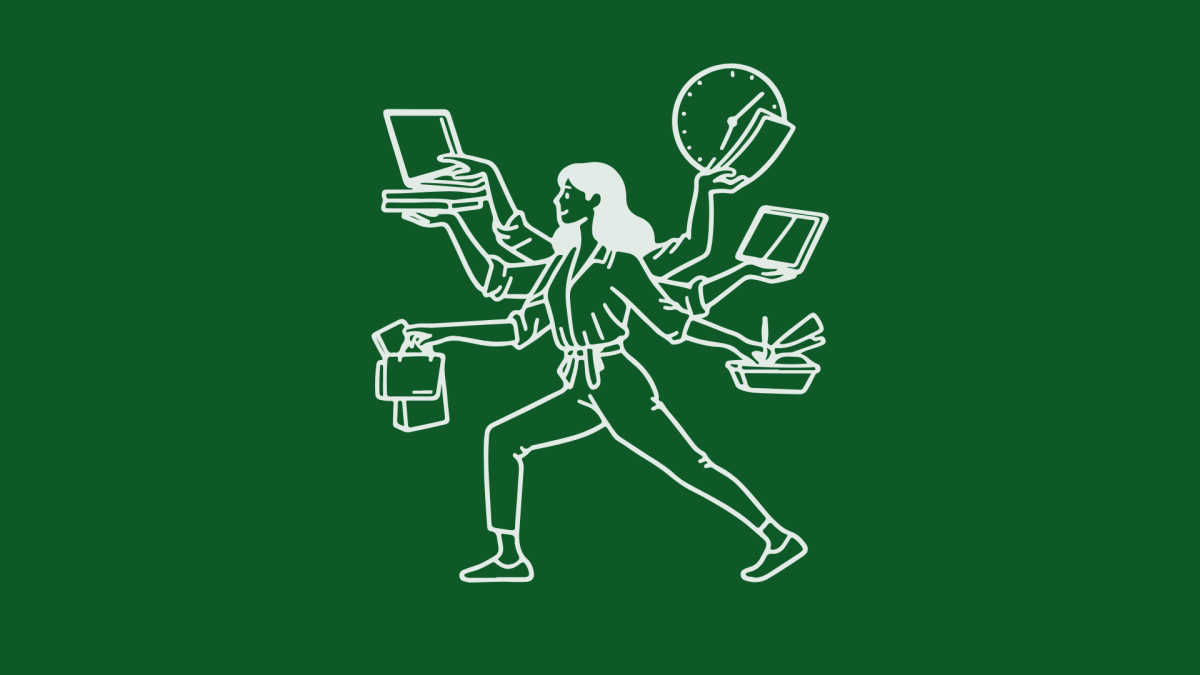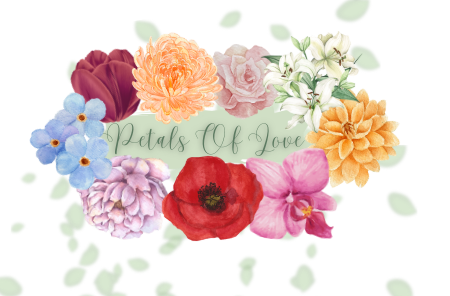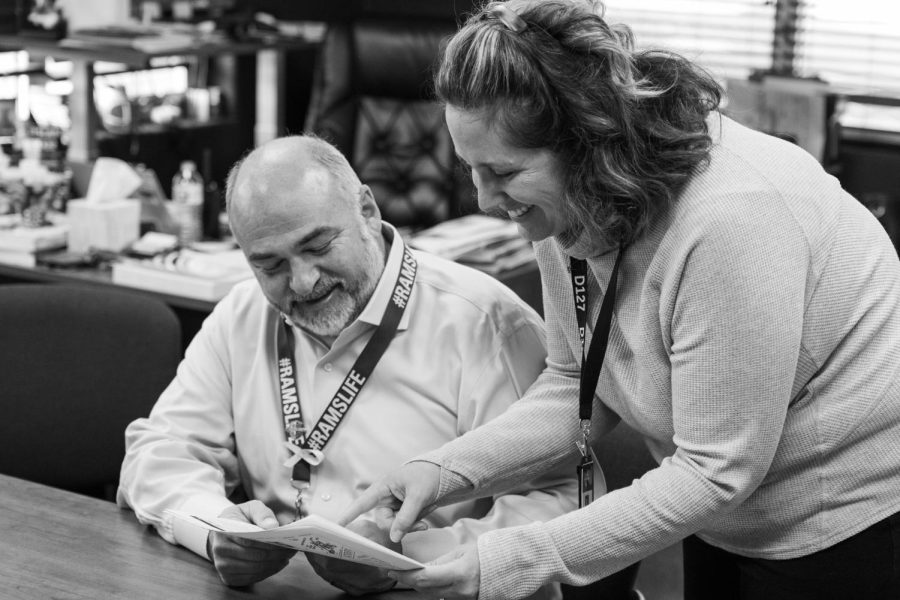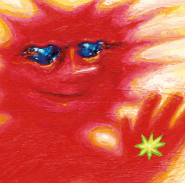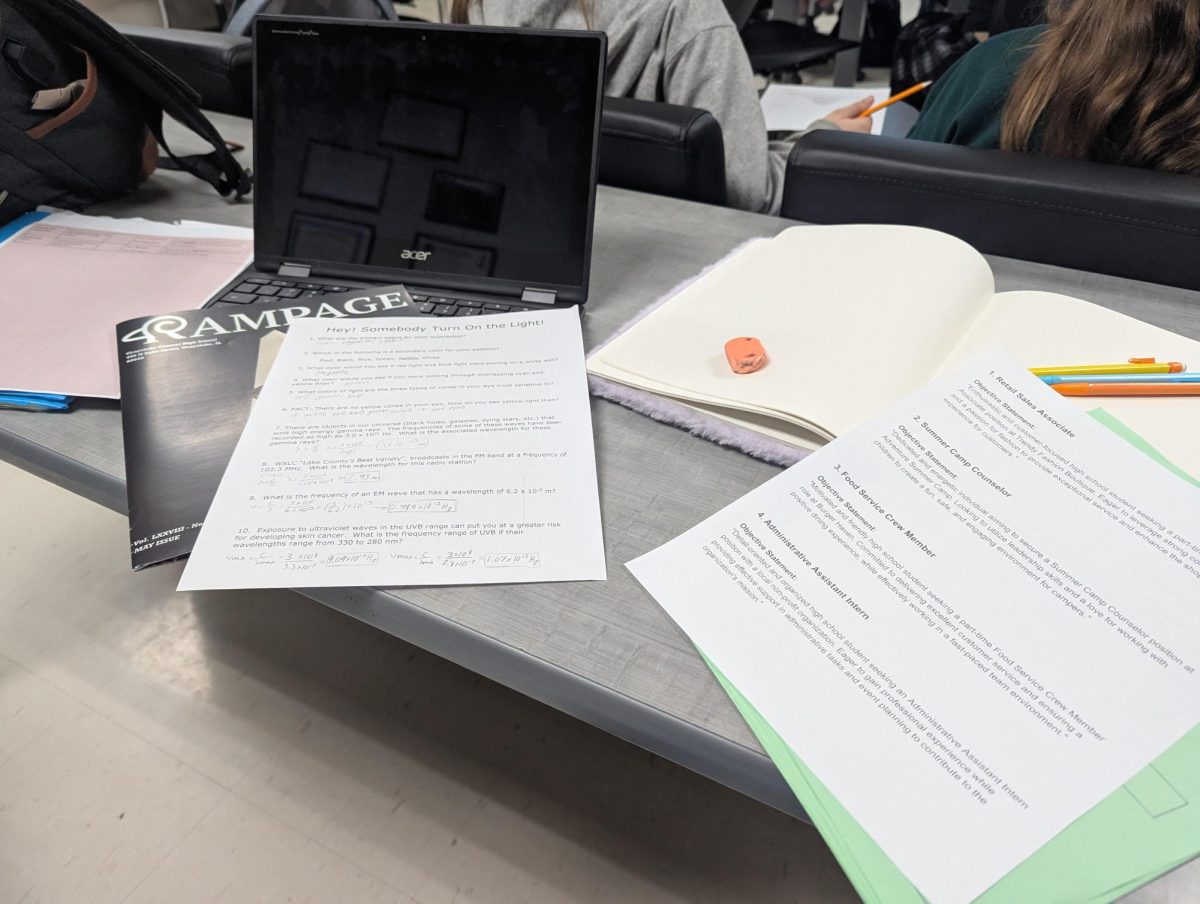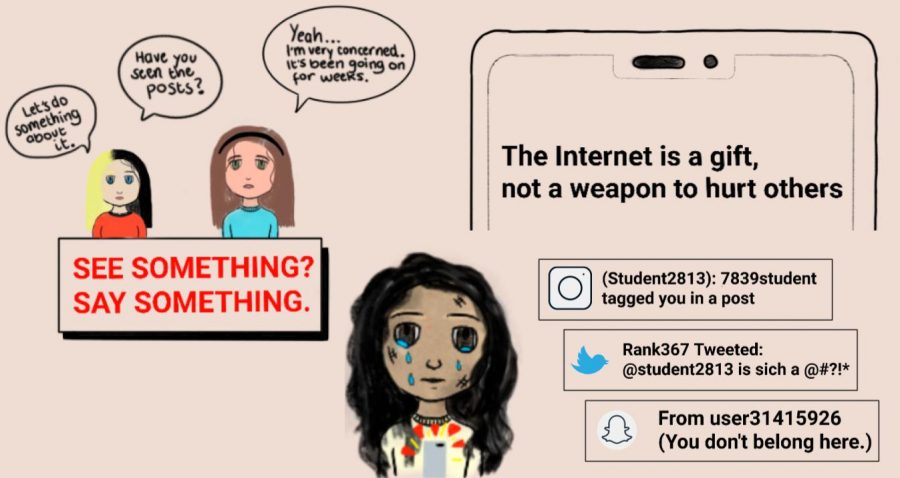Post-Holiday Blues: ‘SAD’ and You
“A lot of people are somewhat affected by the seasons. And that’s normal. Seasonal Affective Disorder is one that really impacts your life. So it’s totally possible to be affected by the seasons, but not to the level of seasonal affective disorder” Nelson informed.
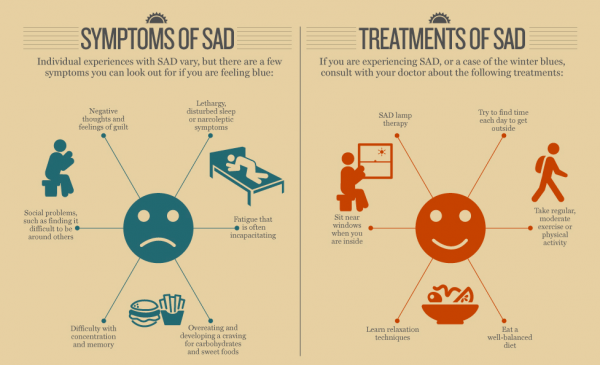
Symptoms and treatments of SAD
February 14, 2022
The holidays are now over, extended families have left the state and a new year has started. However, winter is still around and some feel a lack of motivation during these winter months. Many might have started to have trouble sleeping, a poor appetite, weight loss, agitation, or anxiety since the start of the winter. This could be the cause of the overwhelming holidays or it could be something more.
Many have heard of the praise “the winter blues’ ‘ but many might not have understood what it actually represents. There are multiple definitions of winter blues, Katherine Nelson, the school’s psychologist said, “the winter blues is when you’re feeling kind of low during the winter and fall months, then there’s seasonal affective disorder, which is an actual disorder.”
Seasonal affective disorder or SAD is a type of depression that’s related to the changes in the seasons. It can begin and end around the same time every year according to the article Coping with Seasonal Affective Disorder. “This occurs when there isn’t a lot of sunlight. Without having that vitamin D, it can make people feel more tired, less happy, and an increase of sadness.” Katherine explains. “It can make getting up harder and coming to school more difficult. It can make you less motivated with classes and not have as much fun with activities that used to make you happy. However, it’s usually when those symptoms are combined in just those two months when it’s seasonal depression, not regular depression” Nelson further described.
Just like with anything, there are ways to boost your mood during these winter months. According to the Mayo Clinic “maintaining a routine is very important especially when things seem overwhelming” having small achievable goals for each day will help individuals to have the motivation to do the things they need to get done. Katherine Nelson also suggests UV lamps or “happy lamps” that are used to mimic natural outdoor light. “You can put those in your room or somewhere around your house and people would sit by them for a couple of hours or close the blinds in your house so you can’t see outside and how dark it is.”
If you know someone who struggles with a seasonal affective disorder or if you think you might have it go and see a trusted adult whether that be your school’s counselor, a parent, or one of the school’s psychologists.
“A lot of people are somewhat affected by the seasons. And that’s normal. Seasonal Affective Disorder is one that really impacts your life. So it’s totally possible to be affected by the seasons, but not to the level of seasonal affective disorder” Nelson informed.







